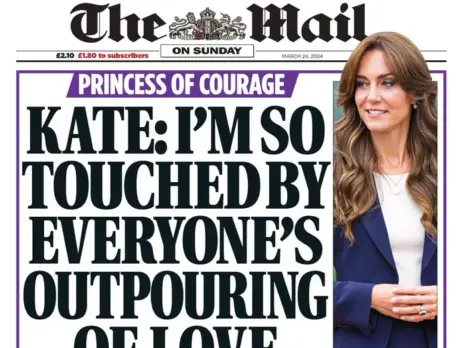
A number of British news organisations are not complying with the PCC‘s guidelines on share ownership, according to a newly published report on the ethics of financial journalism.
The study by journalism thinktank Polis – based on interviews with 40 financial journalists, editors, lawyers and PRs – said that although there was no evidence of a collapse in standards or of serious malpractice, there was a lack of “consistently robust” compliance procedures in the industry.
Although only a small number of the journalists interviewed for the report said they actively traded in shares, the report found that knowledge among reporters of whether their news organisation kept a register of share interests was “patchy”.
“The overwhelming impression created by the interviews is that, while some are assiduous in maintaining records and a formal procedure, most outlets keep them up to date in a somewhat ad-hoc manner,” the Polis report said.
“It is important to note, however, that an informal system is not tantamount to unethical practice. Many journalists claim that they ‘simply know the rules’ and ‘instinctively know’ what is ethical and what is not.”
The report found that while the Wall Street Journal operates a formal register of share interests, updated annually, there appeared to be no formal disclosure procedure at several national newspapers.
However, all of the major news outlets interviewed by Polis said they had a policy of preventing journalists reporting on sectors in which they had investments.
The PCC code imposes restrictions on journalists writing about shares in which they or their close families have a significant interest without internal disclosure, and stops journalists dealing in shares about which they have written recently or intend to write in the near future.
Gut instincts
One national newspaper business editor interviewed in the report said: “If we are doing a big piece on oil and a journalist turns around and says: ‘Actually I have got £2m worth of shares of BP and £3m of Exxon which was left me by my father so I can’t write about it’, I would say: ‘Rubbish’. I don’t see why it would affect this at all.
“If he is a very good journalist and if it is a good story and if he concluded that what he was writing would drive up the share prices of BP and Exxon, would I still let him write it? I would trust the journalists and I would trust my gut instincts to independent reporting.”
One senior financial journalist added: “I think that journalists should own shares and they should be allowed to write about the companies they own shares in as long as everyone knows and they don’t trade on those shares before they’ve written about them.
“In financial journalism, it is very good to put your money where your mouth is sometimes. If you think XYZ company is a good share I won’t have any problem with that particular journalist saying that and then buying the shares as long as he tells the world he’s buying the shares.”
Work on the two-year Polis research project, published today, began shortly after two Daily Mirror journalists, James Hipwell and Anil Bhoyrul, were found guilty of market abuse in what became known as the ‘City Slickers’affair.
Hipwell, who netted £41,000 when he used his Mirror column to talk up the value of shares, was jailed for six months in February 2006 and released two months later.
His fellow columnist, Bhoyrul, made £14,000 from the scam and was sentenced to 180 hours of community service.
The Polis report concluded: ‘There is no evidence of a collapse of ethical standards or of serious levels of malpractice in financial journalism on the basis of the interviews conducted for this study.
‘Most of the journalists and editors interviewed for this project responded in ways that revealed that that they felt a sense of responsibility that went far beyond the responsibility to serve the shareholders of their own companies.
‘They had a strong sense that the ethics of business journalism involves much more than providing what the public demand in the short term. They also tended to agree that the difficulties they face in fulfilling that role are becoming more challenging.”
Email pged@pressgazette.co.uk to point out mistakes, provide story tips or send in a letter for publication on our "Letters Page" blog







